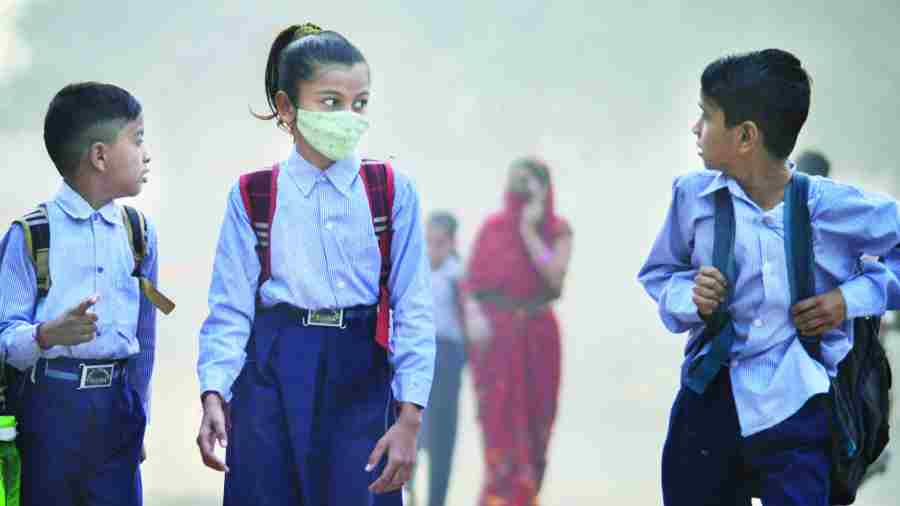
Unschooled: Editorial on condition of primary and upper primary schools in West Bengal
To repopulate the schools, local bodies must persuade students to return, with efforts to help them in lessons which they have forgotten in the interim
TT Editorial Board | 17.03.23 : Ensuring that all children go to school has still not been possible in India. The National Education Mission, following the principles of the National Education Policy 2020, aims to optimise resources, which is no bad thing. The only problem is that school education in a country so vast and various cannot be best understood in terms of quantity. Under instructions from the NEM, West Bengal published a list of 8,206 primary and upper primary schools that have less than 30 students. This is the first step in a tentative plan to close down the schools, although that decision has not been taken. According to the Centre’s education policy, dispersed schools in rural areas are economically unviable and administratively problematic, apart from having low teacher recruitment or without separate classes for each grade. So the children would be sent to other schools close by and the teachers to institutions that need them. Yet the Right to Education Act stipulated that primary schools should not be farther than one kilometre, and upper primary three. This took into account India’s distances and topographical difficulties while trying to make education accessible to all.


0 Response to " Unschooled: Editorial on condition of primary and upper primary schools in West Bengal"
Post a Comment
Disclaimer Note:
The views expressed in the articles published here are solely those of the author and do not necessarily reflect the official policy, position, or perspective of Kalimpong News or KalimNews. Kalimpong News and KalimNews disclaim all liability for the published or posted articles, news, and information and assume no responsibility for the accuracy or validity of the content.
Kalimpong News is a non-profit online news platform managed by KalimNews and operated under the Kalimpong Press Club.
Comment Policy:
We encourage respectful and constructive discussions. Please ensure decency while commenting and register with your email ID to participate.
Note: only a member of this blog may post a comment.